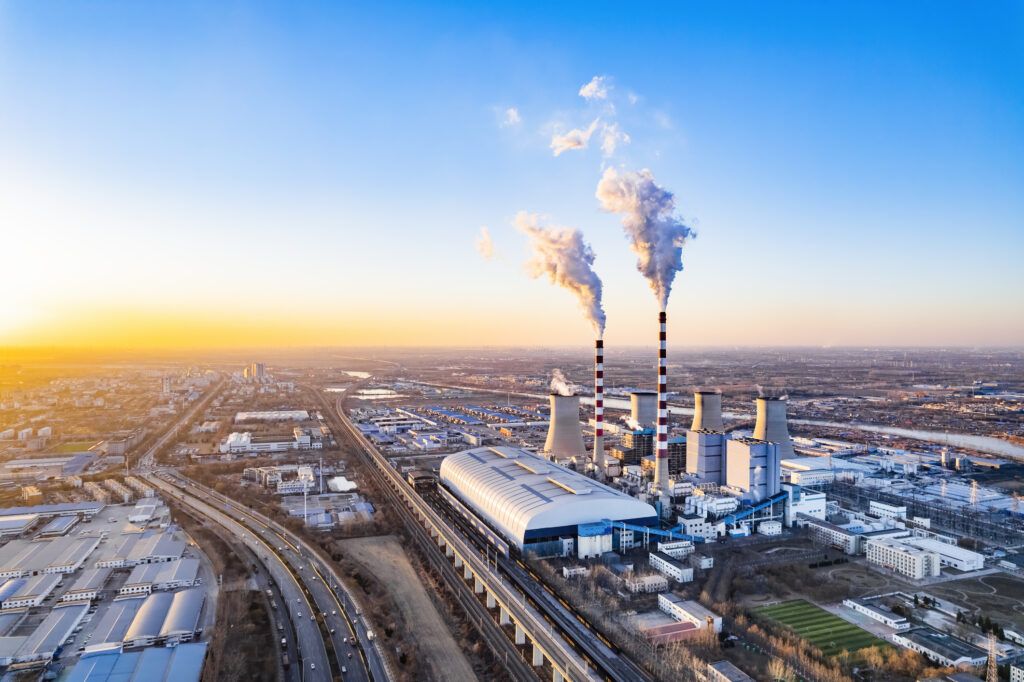In his new book, The Assault on Reason, Al Gore pleads, “We must stop tolerating the rejection and distortion of science. We must insist on an end to the cynical use of pseudo-studies known to be false for the purpose of intentionally clouding the public’s ability to discern the truth.” Gore repeatedly asks that science and reason displace cynical political posturing as the central focus of public discourse.
If Gore really means what he writes, he has an opportunity to make a difference by leading by example on the issue of global warming.
A cooperative and productive discussion of global warming must be open and honest regarding the science. Global warming threats ought to be studied and mitigated, and they should not be deliberately exaggerated as a means of building support for a desired political position.
Many of the assertions Gore makes in his movie, ‘An Inconvenient Truth,’ have been refuted by science, both before and after he made them. Gore can show sincerity in his plea for scientific honesty by publicly acknowledging where science has rebutted his claims.
For example, Gore claims that Himalayan glaciers are shrinking and global warming is to blame. Yet the September 2006 issue of the American Meteorological Society’s Journal of Climate reported, “Glaciers are growing in the Himalayan Mountains, confounding global warming alarmists who recently claimed the glaciers were shrinking and that global warming was to blame.”
Gore claims the snowcap atop Africa’s Mt. Kilimanjaro is shrinking and that global warming is to blame. Yet according to the November 23, 2003, issue of Nature magazine, “Although it’s tempting to blame the ice loss on global warming, researchers think that deforestation of the mountain’s foothills is the more likely culprit. Without the forests’ humidity, previously moisture-laden winds blew dry. No longer replenished with water, the ice is evaporating in the strong equatorial sunshine.”
Gore claims global warming is causing more tornadoes. Yet the United Nations Intergovernmental Panel on Climate Change stated in February that there has been no scientific link established between global warming and tornadoes.
Gore claims global warming is causing more frequent and severe hurricanes. However, hurricane expert Chris Landsea published a study on May 1 documenting that hurricane activity is no higher now than in decades past. Hurricane expert William Gray reported just a few days earlier, on April 27, that the number of major hurricanes making landfall on the U.S. Atlantic coast has declined in the past 40 years. Hurricane scientists reported in the April 18 Geophysical Research Letters that global warming enhances wind shear, which will prevent a significant increase in future hurricane activity.
Gore claims global warming is causing an expansion of African deserts. However, the Sept. 16, 2002, issue of New Scientist reports, “Africa’s deserts are in ‘spectacular’ retreat . . . making farming viable again in what were some of the most arid parts of Africa.”
Gore argues Greenland is in rapid meltdown, and that this threatens to raise sea levels by 20 feet. But according to a 2005 study in the Journal of Glaciology, “the Greenland ice sheet is thinning at the margins and growing inland, with a small overall mass gain.” In late 2006, researchers at the Danish Meteorological Institute reported that the past two decades were the coldest for Greenland since the 1910s.
Gore claims the Antarctic ice sheet is melting because of global warming. Yet the Jan. 14, 2002, issue of Nature magazine reported Antarctica as a whole has been dramatically cooling for decades. More recently, scientists reported in the September 2006 issue of the British journal Philosophical Transactions of the Royal Society Series A: Mathematical, Physical, and Engineering Sciences, that satellite measurements of the Antarctic ice sheet showed significant growth between 1992 and 2003. And the U.N. Climate Change panel reported in February 2007 that Antarctica is unlikely to lose any ice mass during the remainder of the century.
Each of these cases provides an opportunity for Gore to lead by example in his call for an end to the distortion of science. Will he rise to the occasion? Only time will tell.
James M. Taylor( [email protected]) is senior fellow for environment policy at the Heartland Institute.




